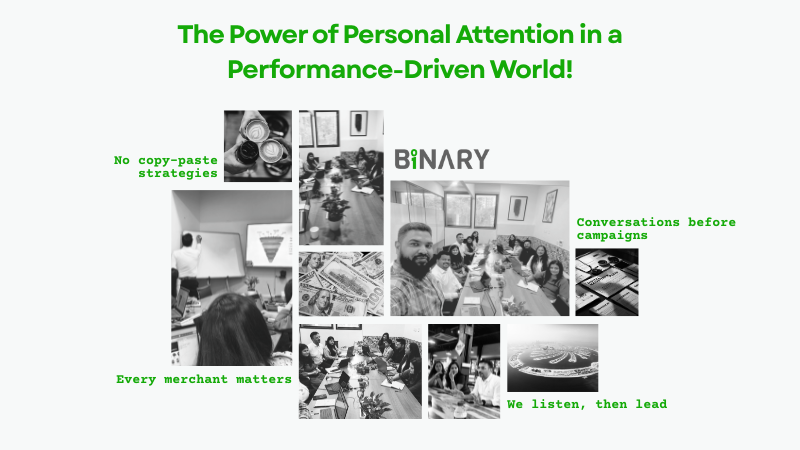Have you ever wondered how major gameplayers in the e-commerce industry offer over the top discounts in so many products? This phenomena of providing unrealistic discounts is called “Deep-Discount” which has put companies like Amazon and Walmart-Flipkart in a complex loggerhead with the Rest of India.
The e-commerce market has almost reached to 100 billion dollars and is set to almost double in the coming decade. Indian government has proposed an “India First” policy, a draft which proposes the end of “deep-discounts” from a specific date. Food Deliver sites like Swiggy and Zomato will also be covered in the proposed legislation. The draft has been brought in after numerous grievances from micro, small and medium enterprises of unfair game from e-commerce giants. The legislation has a number of proposals:
-Group Companies of online marketplaces to be barred from influencing prices
-Bulk buys by related party sellers to be banned
-A ‘Sunset Clause’ defining the duration of discounts
-FDI: Restricted inventory based-model for funder/foreign companies
-ED to look into violations
-CCI to overlook competition distorting M&As
-Data to be hosted in India
The Indian law restricts foreign companies from holding inventory although it allows 100% FDI in market place model. The new policy proposes that Indian-owned and Indian controlled online marketplaces shall be able to hold inventory provided the product are 100% domestically manufactured. There is also a plan to instil a Consumer Protection & Grievance Redressal system. The proposal would not please Amazon and Walmart who have invested 5 billion and 16 billion dollars respectively. It will significantly intervene in their business, decision making and slowing down business operations. Local etailers are also in a limbo with the ambiguity of the draft.
The heavy discount mechanisms of these e-commerce giants are complex. The three major e-commerce companies, Amazon, Flipkart and Snapdeal, all operate as marketplaces since the law doesn’t allow FDI in e-commerce sites selling directly to customers while the same is allowed in a marketplace which links sellers and buyers. A marketplace also provides payment, storage and delivery something which is not possible for a foreign funded e-commerce site. Direct Retail is banned in India and marketplaces are forbidden to exercise control over the price of sellers, including discounts.
Non-regulation of the prices and discounts have impacted small-scale business adversely and the draft will come as blessing in disguise for many who feel e-commerce giants have gained the monopoly of the retail sector. The proposed legislation is set to overhaul the e-commerce industry in India and it would be interesting to see how it impacts both the Small-scale business and heavyweights of the industry.


















